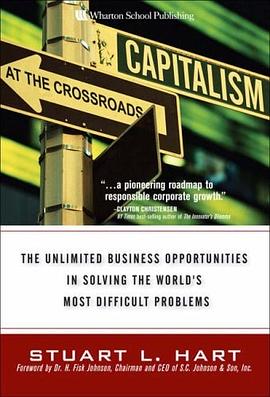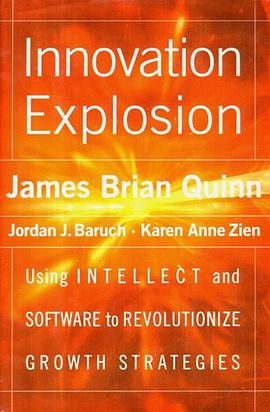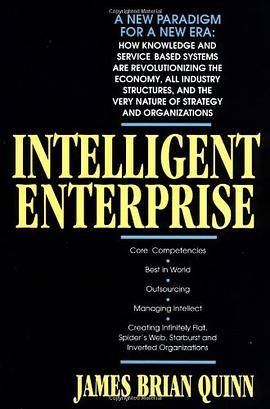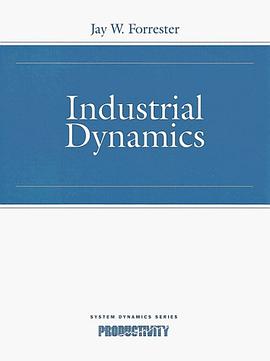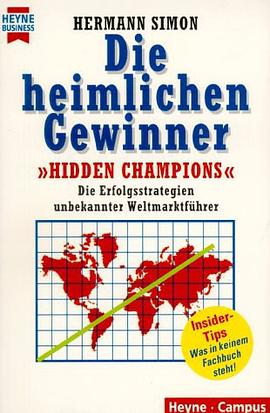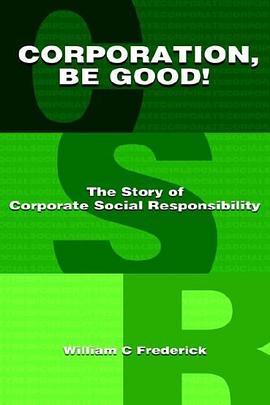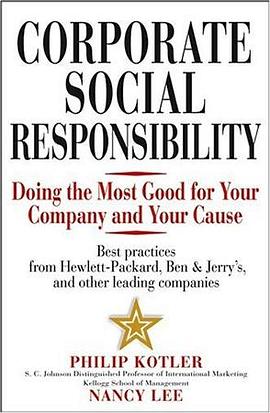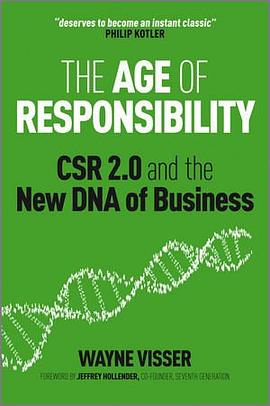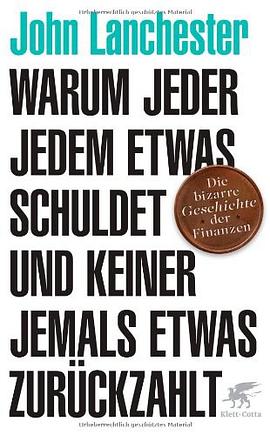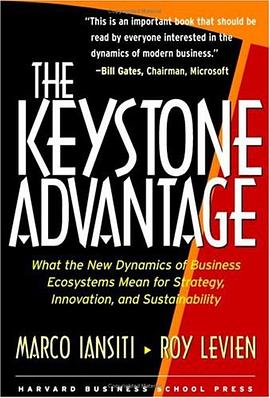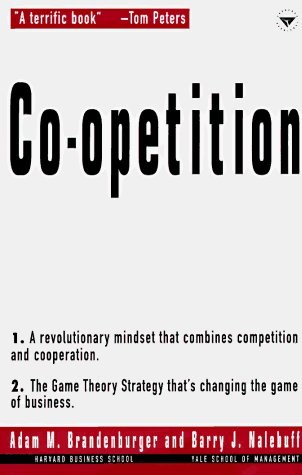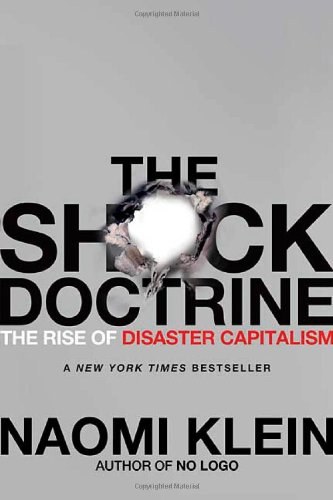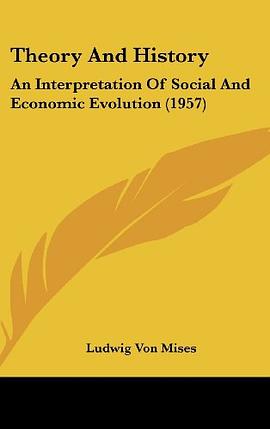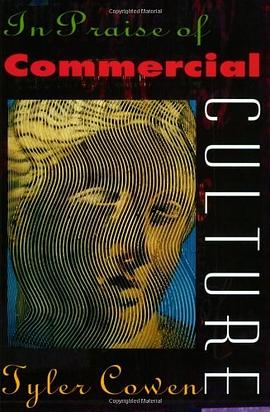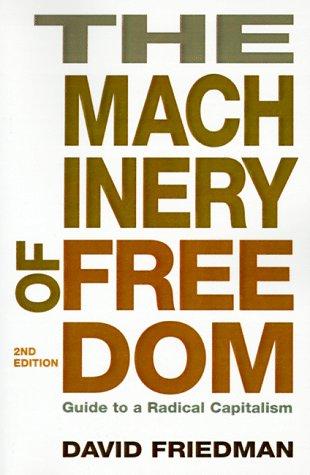Praise for the book “Wayne Visser's The Age of Responsibility elegantly and persuasively demonstrates the limits and failures of traditional CSRand alsothekinds of reforms needed to create conditions for genuine corporate responsibility. Rich with insight, information and analyses, and highly readable for its excellent writing and poignant stories, the book is a crucial contribution to understanding where we are with CSR and what we need to do to move forward.” Joel Bakan , author of The Corporation: The Pathological Pursuit of Profit and Power (book and documentary film) Amongst the advocates of CSR as an innovative management approach, Wayne Visser is a well-known voice. This new book states more clearly than most why CSR should not be dismissed, but would benefit from some serious rethinking.” Michael Blowfied , Senior Research Fellow at Smith School of Enterprise and the Environment, Oxford University and author of Corporate Responsibility The Age of Responsibility by Wayne Visser is an important book that should be studied carefully by all those seriously interested in the past, present and future of CSR. For me, the most noteworthy contribution is his “ages and stages” of CSR. Visser identifies five overlapping economic periods and classifies their stages of CSR, modus operandi, key enablers, and stakeholder targets. In forward-looking fashion, he crafts five insightful principles of CSR 2.0 and presents his DNA Model of CSR 2.0 which integrates knowledge and sets forth a more inclusive view of CSR. This book is a significant contribution to the theory and practice of CSR and it will be valued by academics and practitioners alike. I strongly recommend it.” Archie B. Carroll , Professor of Management Emeritus, Terry College of Business and author of Business and Society ;A challengingandthought provoking book. In an age whencorporate responsibilityisamust for most large businesses, Wayne Visser reminds us that global environmental and social pressures show little signof receding. He asks: are we as practitioners complacent, or worse, part of the problem?There ishope and optimism but only if we are brave and bold enough to re-engineer corporate responsibility. Read on...” Yogesh Chauhan , Chairman Corporate Responsibility Group and BBC Chief Adviser Corporate Responsibility. An authoritative tome on the CSR movement. It provides a comprehensive framework to understand the various stages of (and motivations for) CSR in organizations and the economy to date, and a clear vision of what a truly sustainable and responsible tomorrow entails. This is an eminently well-researched and well-structured book that flows coherently with deep insights and valuable vignettes.” Willie Cheng , author ofDoing Good Well: What does (and does not) make sense in the nonprofit world . The Age of Responsibility provides a much-needed wake up call for the corporate responsibility movement. This highly readable account of where CSR has gone wrong and where it needs to go next is essential reading for anyone interested in the role business can play in creating a just and sustainable society. This is the best CSR book you'll read all year.” Andrew Crane , George R. Gardiner Professor of Business Ethics, Schulich School of Business, York University and author of Business Ethics The Age of Responsibility breathes new life into CSR, both by redefining it as Corporate Sustainability and Responsibility and by highlighting why CSR has so far failed to make much difference in the way companies respond to pressing global challenges. In his inimitable style, using clear frameworks and illustrative case studies, Wayne Visser brings real insight to a complex set of ideas at a time when they are needed most. Bring on CSR 2.0!” Polly Courtice , Director of the University of Cambridge Programme for Sustainability Leadership In this time of seemingly widespread corporate malfeasance Wayne Visser has put his finger on why CSR has failed to deliver on its promise and what can be done to right the ship. The Age of Responsibility is a must read for anyone concerned about the future of business.” CSR 1.0 did remarkably well through the latest Great Recession, despite having precariously little to say on the big issues of the day and no ready-to-go blueprint for economic transformation. As a result, we are seeing a massive reboot going in the CSR industry – and Wayne Visser is a consistently reliable guide to (and champion of) the emerging CSR 2.0 mindsets and practices.” John Elkington , Co-Founder and Director, Volans Ventures and co-author of The Power of Unreasonable People It is difficult to run a sustainable business in an unsustainable world. So forget about the defensive, charitable, promotional and strategic versions of CSR. The Age of Responsibility is a call for companies to shift to CSR 2.0 – where success is judged by improvements in the overall socio-cultural, economic and ecological systems. If not, CSR will continue to fail, argues Wayne Visser. With an array of cases Visser guides you through the evolution of business responsibility – from the Ages of Greed, Philanthropy, Misdirection and Management to the Age of Responsibility – and shares the five principles of sustainable business actions. Wayne Visser’s insightful book is at the same time a compelling personal story about the existential questioning of whether or how it is possible to make a difference through CSR.” Tania Ellis , international speaker, business advisor and author of The New Pioneers Through a concise analysis of recent economic history and through the wisdom of parables, Visser’s book offers an illuminating analysis of the heart of greed—and of the path our institutions can take to move from corporate responsibility as a form of occasional philanthropy to an ethic of responsibility that is radically transformative. Visser’s new economic myth or meta-narrative creates a compelling vision of a possible sustainable world.” Betty Sue Flowers , Professor Emerita, University of Texas at Austin and co-author of Presence: An Exploration of Profound Change in People, Organizations, and Society Wayne Visser has rightly identified resp...
